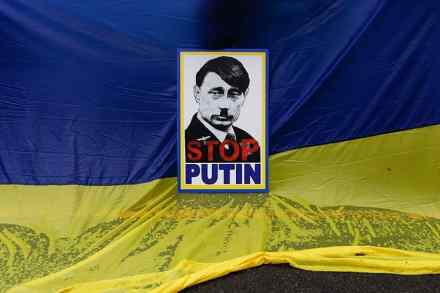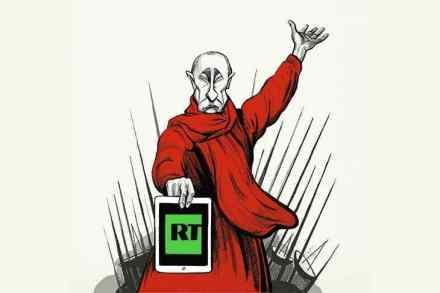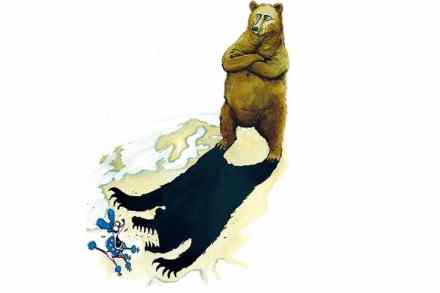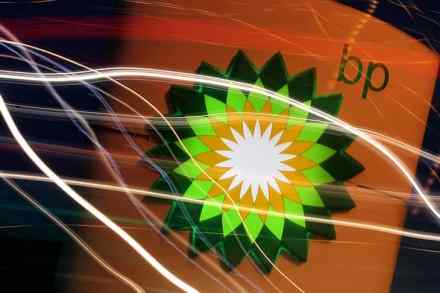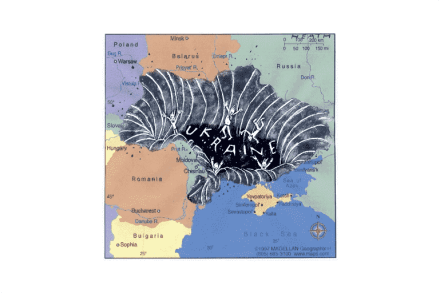What Tacitus knew about tyrants
Last week Aristotle offered a lesson in tyrant theory. This week Tacitus (ad 56-c.120) offers one in tyrant practice. Tacitus was a Roman historian who enjoyed a successful political career, rising to consul and provincial governor. He admitted that he laid its foundations under the tyrannical emperor Domitian (d. ad 96) – he memorably contrasted Domitian’s red face with the pallor his gaze induced in his victims – and thought his duty as a historian was to ensure that those responsible for murderous deeds or heroic actions should never be forgotten. His judgment of Domitian’s reign was worthy of Orwell: ‘Rome of old [i.e. the republic, 508-27 bc] explored the
